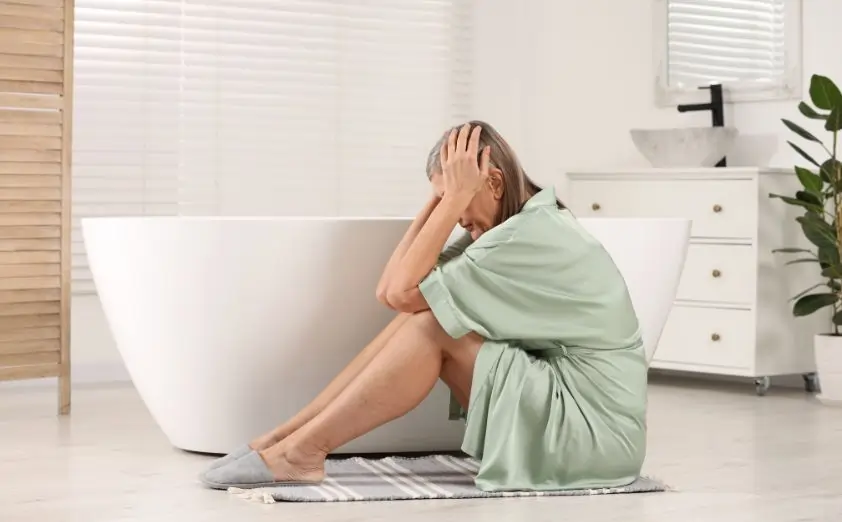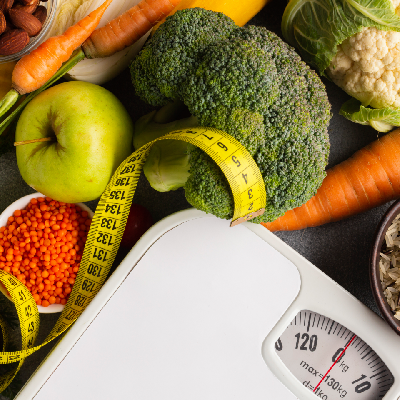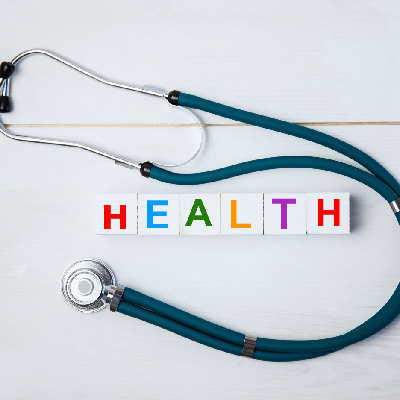To most women, it is much than merely a monthly dislike or discomfort. It comes hand in hand with several signs which interfere with normal functioning. Some of them are universal and often talked about or apparent such as abdominal cramps and changes in mood while others are lightly associated with the disease which are least discussed or even hidden. Here, in this blog, let’s discuss some eight usual period symptoms that do not receive the credit they are due. And by knowing them, you would be able to have some power over your menstrual health as well.
1. Abdominal Cramps
Abdominal cramps, also known as dysmenorrhea, are probably the most well-known period symptom. But what’s less talked about is how intense these cramps can be for some women. These cramps occur due to the contraction of the uterus as it sheds its lining. For some, the pain is manageable, while for others, it can be debilitating. It’s important to know that if your cramps are severe enough to disrupt your daily life, it’s worth discussing with a healthcare provider. There are various treatments available, from over-the-counter pain relief to hormonal therapies.
2. Tender breasts
The last sign we need to discuss is the breast tenderness which the majority of the females experience before the start of their menstrual cycle and during it. This is so because of hormonal changes especially elevations in progesterone levels in the body. The tenderness can be an ordinary soreness or sharp pain which can be hard to bear especially when putting on a bra or even sleeping. Some of the pains can be reduced by applying moist heat such as a warm towel or wearing a good supportive bra. It would also be wise to cut on the intake of Caffeine and salt in the days leading to the onset of the period with a view of easing the level of breast tenderness as well.
3. Bloating
Bloating is one of those period symptoms that many women experience but few talk about. The hormone changes during your cycle can cause your body to retain more water, leading to that uncomfortable bloated feeling. Your clothes might feel tighter, and you might feel puffy and sluggish. Drinking plenty of water, reducing salt intake, and eating potassium-rich foods like bananas can help reduce bloating. Regular exercise also aids in reducing water retention and promoting a sense of well-being.
4. Headaches
Hormonal headaches are another lesser-known period symptom. For some women, the drop in estrogen that occurs just before their period can trigger headaches or even migraines. These headaches can vary in intensity and duration. Staying hydrated, getting enough sleep, and managing stress are key ways to help prevent period-related headaches. If your headaches are severe, consult with your doctor, as there may be specific treatments or lifestyle changes that can help.
5. Mood swings
Mood swings are often joked about, but for those who experience them, they’re no laughing matter. The hormonal fluctuations before and during your period can cause mood swings, making you feel irritable, anxious, or even depressed. It’s important to recognize that these feelings are normal and temporary. Practicing self-care, such as getting enough rest, engaging in light exercise, and practicing mindfulness or meditation, can help you manage mood swings. If you find that your mood changes are severe or last longer than your period, it may be worth speaking to a healthcare professional.
6. Lower Back Pain
Lower back pain is a common symptom that is often overshadowed by abdominal cramps. This pain occurs because the uterus is contracting, and these contractions can radiate through the nerves to your lower back. The pain can range from a dull ache to sharp, intense discomfort. Stretching, using a heating pad, or taking a warm bath can help soothe lower back pain. Over-the-counter pain relievers like ibuprofen can also provide relief.
7. Fatigue
Feeling exhausted during your period is more common than you might think. Hormonal changes, particularly the drop in estrogen and progesterone, can lead to fatigue. This can be worsened by other period symptoms like cramps and mood swings, which can disrupt sleep and leave you feeling drained. It’s important to listen to your body and rest when needed. Eating a balanced diet, staying hydrated, and getting light exercise can also help combat period-related fatigue.
8. Trouble sleeping
Most women will attest to having difficulties in sleeping at night during their periods, though few will openly admit it. Some of the predictors include; muscles cramps, headaches and back pains which make it hard to find a good position to Sleep and hormonal changes which interfere with ones normal sleep pattern. This may result to poor sleep or lack of sleep which in one way increases fatigue levels among people. To get better sleep during your period, it is advisable to maintain your regular sleeping schedule, avoiding coffee, tea and any caffeinated product from the afternoon till evening and taking to bed a relaxed woman. If pain is causing sleeplessness, then a warm water bath or even a heating pad is useful as it will reduce this pain to allow one to sleep.
Managing Period Symptoms
While these symptoms are common, they’re not something you just have to live with. There are many strategies you can try to manage them:
- Diet and Hydration: Eating a balanced diet rich in fruits, vegetables, whole grains, and lean proteins can help manage period symptoms. Staying hydrated is also crucial, as it helps reduce bloating and keeps you feeling more energized.
- Exercise: Light to moderate exercise can help alleviate many period symptoms, including cramps, fatigue, and mood swings. Exercise releases endorphins, which are natural mood lifters and pain relievers.
- Stress Management: Stress can exacerbate period symptoms, so finding ways to manage stress is important. Techniques like meditation, yoga, and deep breathing can help calm your mind and body.
- Medication: Over-the-counter pain relievers like ibuprofen or acetaminophen can help manage pain. If your symptoms are severe, your doctor might recommend hormonal birth control or other medications to help regulate your cycle and reduce symptoms.
- Rest: Make sure to get plenty of rest, especially if you’re feeling fatigued. Listening to your body and giving yourself time to relax can help you get through your period more comfortably.
When to See a Doctor
Even though many women experience various symptoms during the period, these symptoms should not affect the daily functioning. If you having unbearable pain, abrupt swings in mood, or any other condition that affects your ability to work, consult a doctor. Sometimes, more serious symptoms may be caused by certain health problems such as endometriosis, PCOS or fibroids and such issues may call for the use of medicine.
Conclusion
Everyone gets periods, but they don’t always come without a range of symptoms that people don’t necessarily want to talk about. To those who experience these symptoms, this article will help educate to have a handle of their menstrual health. Do not feel that silence is the only way to deal with it or that it is all in your head. This means if your period symptom interferes with your quality lifestyle then consultation with the health care provider should not be postponed. Because you are valuable, there are a lot of ways and items to assist you in achieving a healthy and happy day every single day of the month.












